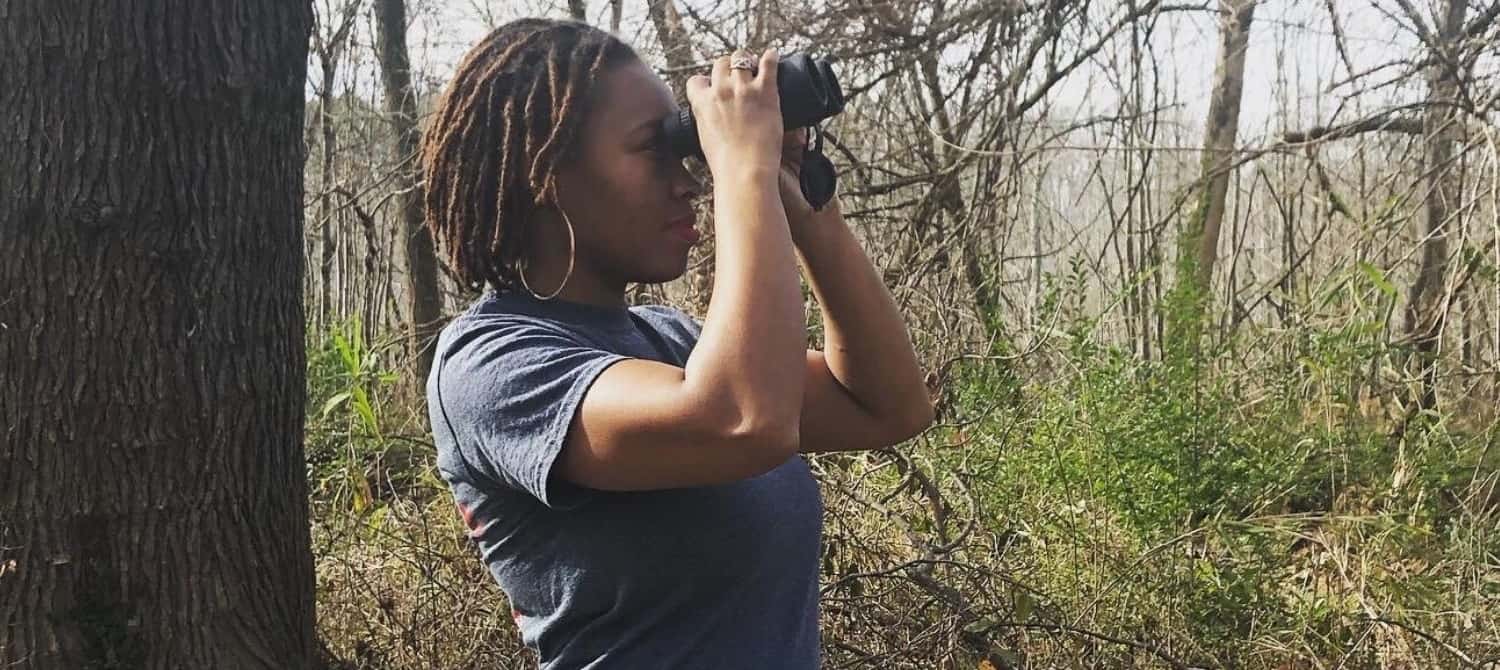Share this article
Scientists face racism and harassment in the field
Two Black ecologists at Cornell University who have faced uncomfortable experiences in the field because of their identity have developed guidelines to help make fieldwork safer for Black researchers and other underrepresented groups.
Many wildlife biologists face racism and harassment while conducting field research, some even coming face-to-face with white supremacists in predominantly white areas. While racism in the field has been going on for quite some time, many researchers are now speaking out, especially in the wake of Black birder Christian Cooper’s well-publicized confrontation with a dog walker in New York’s Central Park.
“Until we actually think about that, we’re going to deal with losing very talented scholars because the field is not a welcoming space,” Robin Nelson, a biological anthropologist at Santa Clara University in California, told Nature. Nelson conducted a survey in 2014 that showed 70% of women respondents had experienced harassment in the field, but they were unable to collect statistics on harassment of Black researchers or other underrepresented groups because there weren’t enough respondents in those groups.
While some universities and professional societies have policies to protect people against sexual harassment during fieldwork, race hasn’t always been considered. Cornell graduate students Amelia-Juliette Demery and Monique Pipkin, who say they have faced racial discrimination in the field, recently began writing a set of guidelines to protect researchers from identity-based harassment while conducting fieldwork.
Those guidelines, currently in preprint, suggest conducting a comprehensive risk assessment that considers identities of the researchers before fieldwork, local laws and customs and the historical context of the field site. Guidelines also include working with another researcher when possible and regularly checking in with supervisors.
Header Image:
As a master’s student at North Carolina State University, TWS member Deja Perkins helped organize Black Birders Week to bring attention to issues of racism in the field. A pair of Cornell students have developed guidelines to help make fieldwork safer for Black researchers and other underrepresented groups.
Credit: Courtesy NCSU








